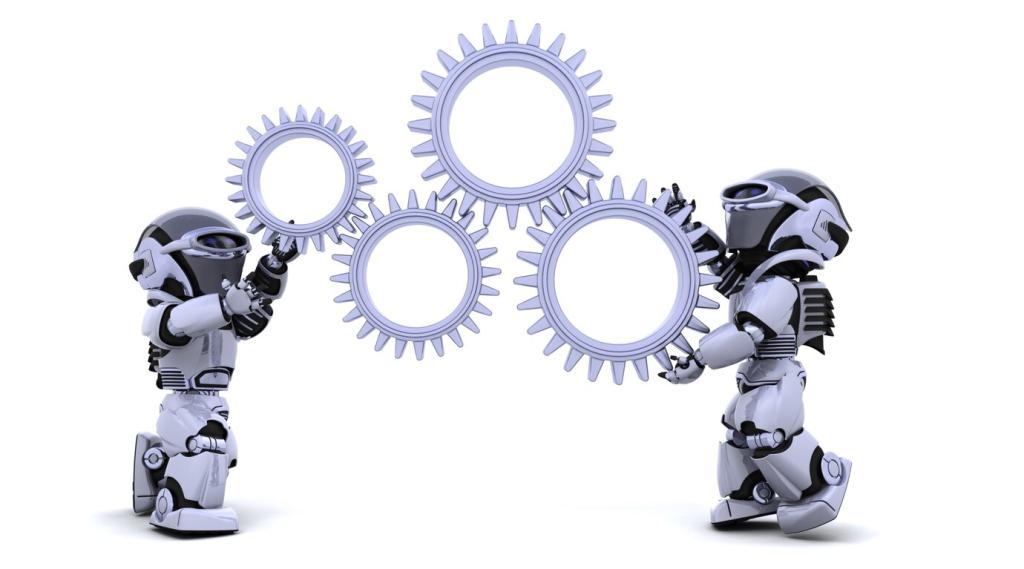AI Home Assistants and Data Privacy Considerations
AI home assistants have become an integral part of modern living, enhancing convenience through voice commands, automation, and the ability to connect various smart home devices. However, with their growing presence, questions about data privacy and the safeguarding of personal information have emerged. Understanding how these devices operate, the types of data they collect, and the potential implications for user privacy is crucial in an era where technology’s reach continues to expand inside our homes.

What AI Home Assistants Do
AI home assistants function by listening to voice commands, processing natural language, and executing tasks, such as playing music, controlling lights, or answering questions. They often require constant connection to cloud servers to interpret commands accurately and deliver real-time responses. This connectivity, while essential for their functionality, puts a significant amount of responsibility on manufacturers to ensure the safety and privacy of the data transmitted and stored. Understanding the basic tasks and processes these assistants handle helps in appreciating the depth of information they may access as part of their operation.
Data Collection Mechanisms
These devices use microphones and sometimes cameras to capture user interactions, even if only actively recording upon a wake word. The potential for passive data collection means vast amounts of information—ranging from voice queries to background conversations—could be processed and stored. The underlying data collection mechanisms are not always fully transparent to consumers, making it difficult to know the full extent to which daily activities or conversations might be inadvertently captured or analyzed by service providers.
Common Uses in the Home
In the household, AI home assistants are relied upon for controlling smart appliances, setting reminders, providing news updates, and facilitating hands-free communication. Their integration with smart thermostats, door locks, and entertainment systems deepens their involvement in home routines. This increased functionality is accompanied by broader exposure to sensitive information, as assistants become privy to household schedules, personal preferences, and behavioral patterns, all of which could potentially be leveraged for targeted advertising or other purposes outside the user’s original intent.


Legal and Regulatory Context
The legal landscape for data privacy related to AI home assistants varies globally, with jurisdictions enacting their regulations to govern data collection, storage, and usage. In regions such as the European Union, the General Data Protection Regulation (GDPR) provides strict guidelines on consent and user rights, whereas other countries might have less robust protections. This inconsistency can create uncertainty for users regarding which laws apply and how their data may be safeguarded. Manufacturers must navigate a complex legal environment to remain compliant, and consumers should be aware of their rights and responsibilities regarding their devices.
Data Ownership and User Consent
One central issue in the data privacy discussion is the question of who truly owns the data generated by AI home assistants. While device manufacturers often retain certain rights to user data to improve services or develop new features, users may not always be fully aware of or have explicitly consented to such uses. The process for obtaining user consent is not always straightforward, and privacy policies are often lengthy and filled with dense legal terminology, making it challenging for the average consumer to make informed choices about their personal information.
Corporate Responsibility and Transparency
Device manufacturers and service providers play a pivotal role in fostering trust through responsible data stewardship and transparent practices. Disclosures about what information is collected, how it is used, and who it is shared with should be made clear and accessible. Transparent reporting on data breaches or changes to privacy policies is essential for maintaining consumer trust. Companies that proactively address privacy risks, embed strong encryption, and minimize unnecessary data collection can distinguish themselves as leaders in ethical AI development, driving the industry toward higher standards.

